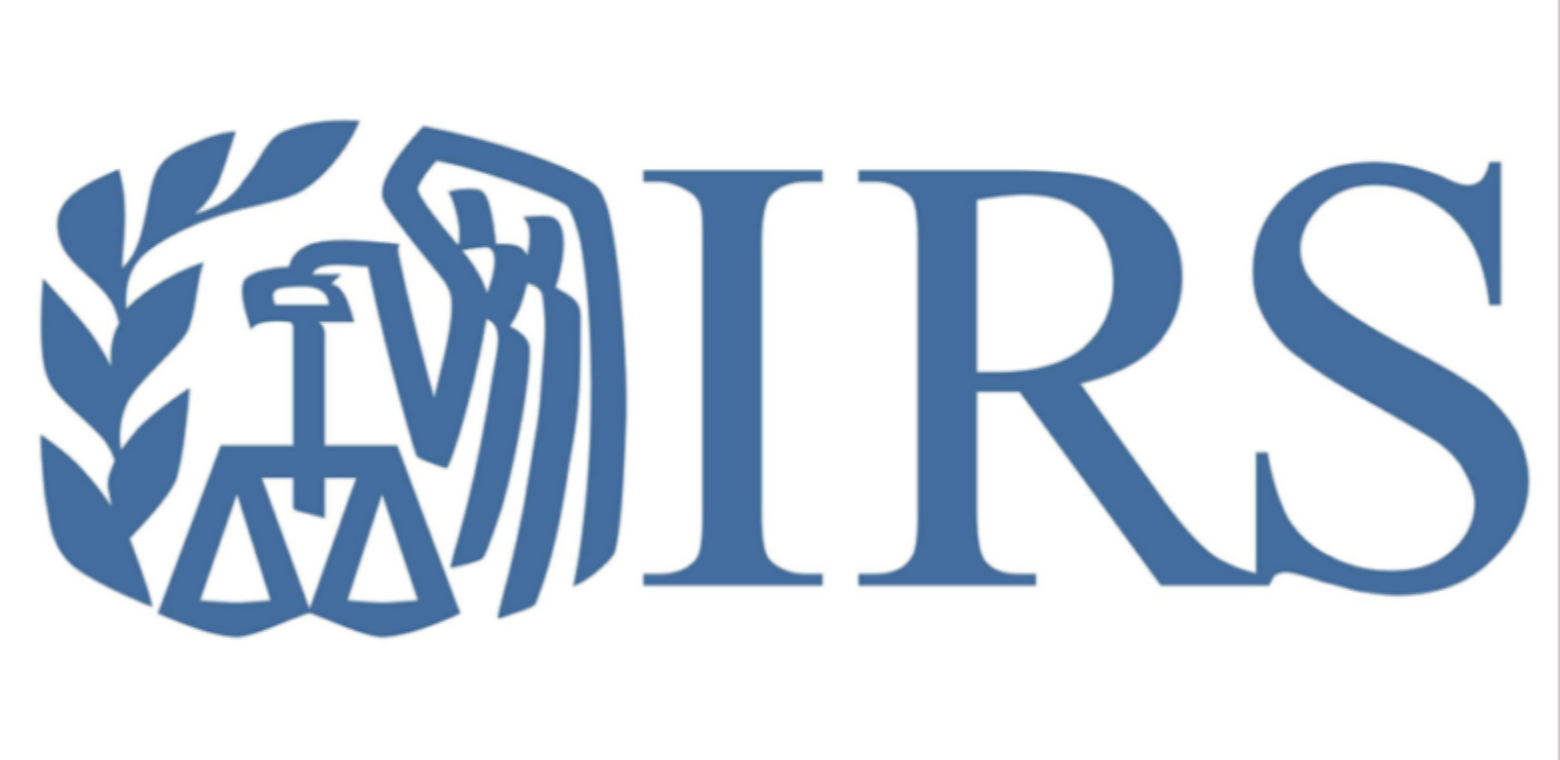The roller coaster of changing donor disclosure requirements continues, and nonprofit leaders are entitled to feel whiplash. On Sept. 6, the Internal Revenue Service (IRS) issued proposed regulations allowing 501(c)(4), 501(c)(6), and certain other nonprofit organizations to stop disclosing their donors on Form 990.
The proposed regulations follow hard on a decision by a federal judge on July 30 that invalidated previous IRS rules allowing such nonprofits not to disclose their donors. Those IRS rules, just one year old, were in turn a sharp deviation from prior requirements.
For decades, the names of large donors ($5,000 or more) were required to be reported on Schedule B of Form 990, which was always a pain point. Nonprofit managers worried about other organizations poaching donors. And many donors, when giving to a sensitive or controversial cause, did not want their names revealed.
Even though the names of donors on Form 990 were disclosed only to the IRS and certain states, not to the general public, nonprofit managers questioned whether the IRS really needed donor information. The periodic inadvertent disclosures of donor names by both the IRS and states did not help matters.
Perhaps in response to these pressures, in Revenue Procedure 2018-38 (July 16, 2018), the IRS allowed social welfare organizations exempt under section 501(c)(4), professional and trade associations exempt under section 501(c)(6), and many other types of tax-exempt organizations required to file a Form 990 to stop disclosing their large donors on the Form 990. The major exceptions were Section 501(c)(3) charities and Section 527 political organizations, both of which are subject to statutory requirements for donor disclosure that the IRS could not waive.
The IRS rules caused a firestorm. Even though the names of donors were available only to the IRS, critics charged that the new rules would weaken IRS oversight of 501(c)(4)s, increasing the flow of money into politically-active nonprofits from undisclosed donors (so-called “dark money”) and prohibited foreign sources. (The term “dark money” refers to the proliferation of election-related spending by 501(c)(4) groups since the U.S. Supreme Court ruled in Citizens United that corporations, including nonprofit corporations, may finance ads that expressly call for the election or defeat of candidates, known as “independent expenditures.”)
The State of Montana, joined by the State of New Jersey, filed suit, claiming that the IRS could not simply waive the donor disclosure requirements, which were established by IRS regulation, without providing an opportunity for public comment in accordance with the Administrative Procedure Act.
In his July 30 decision, Judge Brian Morris of the U.S. District Court of Montana agreed with Montana and New Jersey that the IRS action had violated the Administrative Procedure Act, and set aside the IRS’s new rules.
That decision left nonprofits up in the air about whether to disclose their donors going forward, given that the court’s decision was subject to appeal, and what to do if they had failed to disclose donors on Form 990s already filed, in reliance on IRS guidance that had now been tossed out.
The IRS has now addressed those questions. Its new proposed regulations include the same rules allowing nonprofits to stop disclosing their donors, but this time provide for a notice and comment period in compliance with the Administrative Procedure Act. Since the federal court decision only invalidated the process to issue the previous rules, not the rules themselves, this action should cure that defect.
Further, the IRS has allowed nonprofits to take advantage of the proposed regulations and not disclose their donors effective immediately, even though the regulations are only proposed, not temporary or final.
Finally, the IRS has waived penalties for any affected nonprofit that filed the Form 990 without disclosing donors in reliance on the previous IRS guidance, up until July 30, 2019, the day that guidance was overturned by the court decision.
The proposed regulations will be published in the Federal Register, followed by a 90-day period for public comment. The agency must consider all comments received and must include justification of the final rules in light of the comments received. But, the agency is not required to change the rules. The fact that the IRS has issued the rules a second time despite all the controversy that followed its first issuance suggests that the IRS is likely to stick to its guns and issue final regulations very similar to the proposed regulations.
Despite their desire not to disclose their donors, such an outcome could be of cold comfort to 501(c)(4) groups. State legislatures have been rolling out expanded donor disclosure requirements for politically-active nonprofits during the past few years. That includes requirements that Super PACs and other political committees publicly report not just the names of their 501(c)(4) contributors but also the donors to such groups.
In addition, just as the IRS was loosening donor disclosure rules, a federal court in September 2018 struck down a long-standing Federal Election Commission (FEC) rule that previously allowed nonprofits making independent expenditures to keep their donors secret, except under very limited circumstances. That ruling is on appeal.
The proposed regulations and waiver of penalties provide comfort for today’s problem of what to disclose on the Form 990. However, there might yet be another twist and turn on the donor disclosure roller coaster. Some will push for Congress to take action to override the IRS regulations, but in today’s polarizing environment, that will be challenging.
The only thing that appears certain is that nonprofits and their donors are likely to face continued uncertainty and administrative burdens as agency rules wend their way through the administrative process, and as state legislatures go their own way in trying to shine more light on political spending.
****
Cynthia M. Lewin and Lawrence H. Norton are partners at Venable LLP. Lewin is chair of the Nonprofit Organizations practice and her email is [email protected]. Norton, former general counsel of the Federal Election Commission, is co-chair of the Political Law practice. His email is [email protected]
